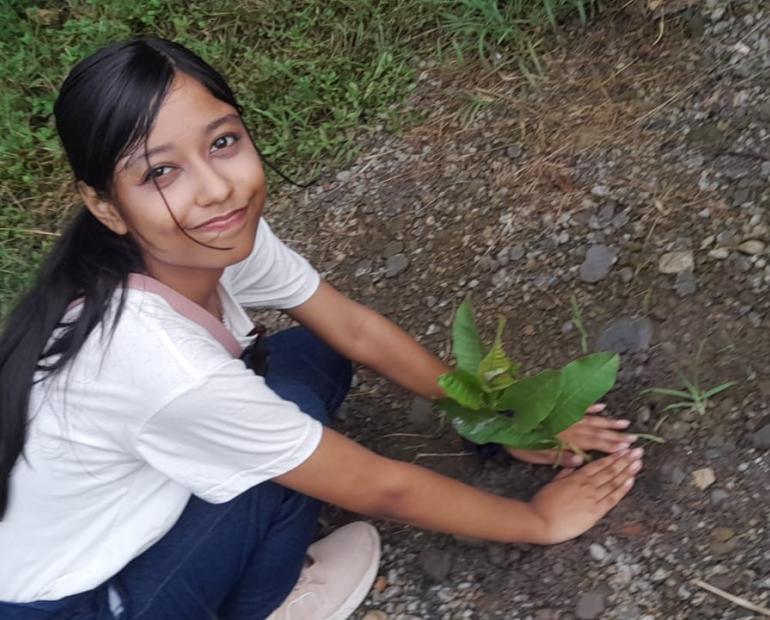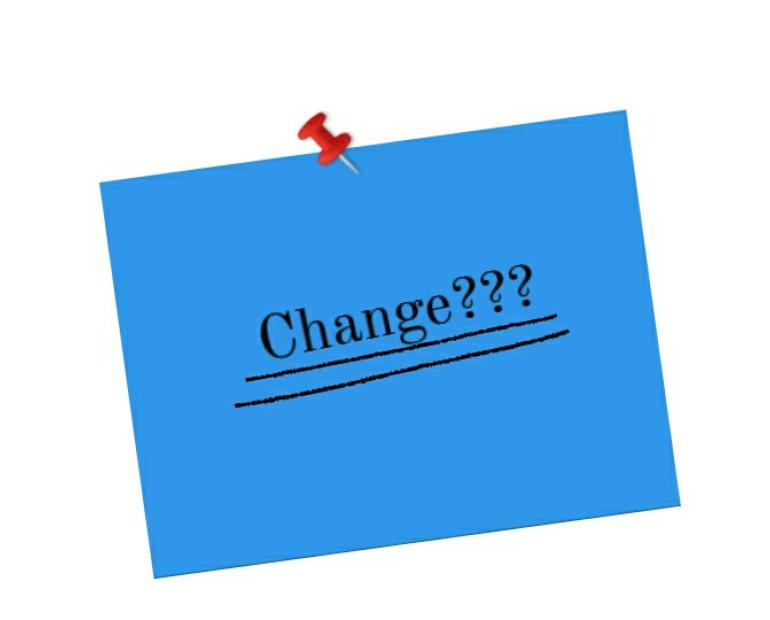
Generation Z (also known as iGeneration) are those who were born between the mid-1990s to early 2000s. This generation is famous for its usage of the Internet from a young age and comfort with technology and interacting on social media. The parents of the GenZ fear the overuse of the Internet by their children. Children reversely feel annoyed with their parents and complain about parents being overly controlling when it comes to their Internet usage.
Recently, a 16-year-old boy died by suicide which was interpreted as "missed mission in Player Unknown's Battlegrounds (PUBG)." In light of this, the Islamabad High Court (IHC) of Pakistan put a ban on PUBG – an online multiplayer "battle royale" game. The Pakistan Telecommunication Authority's (PTA) – the country's telecommunications and internet regulatory body – suspended PUBG after "receiving complaints from different segments of the society."
According to Pakistan’s National Human Development Report 2017, approximately 50% of people are under the age of 25 years, which means GenZ. The World Health Organization (WHO) report shows that suicidal behavior is more common among individuals younger than 30 years of age.
When a gamer receives praise in the online 3D world, why would they want to return to the 2D world of affronts, scolding and demotivation? We are digital natives and not migrants. Banning or restricting someone belonging to generation Z from the online world is equivalent to depriving a hunter-gatherer of their weapon saying, ‘Oh you might hurt yourself.’
The problem is that internet use among iGen is automatically translated into iDisorder. These fears do not differ from those of our ancestors. From a historical perspective, the evolution of these social concerns shows a similarity from centuries with a change of the label.
In 1565, a Swiss scientist Conrad Gessner worried about handheld information devices causing "confusing and harmful" consequence; he was talking about were books!
In 1883 article reported that schools “exhaust the children’s brains and nervous systems with complex and multiple studies, and ruin their bodies by protracted imprisonment.”Imagine, there were times when the excessive study was considered a leading cause of mental illness! Can you imagine?
In 1936, when the radio arrived, it was accused of distracting children from reading and diminishing performance in school because of the compelling excitement of the loudspeaker.
The television was accused of hurting the patterns of family living and resulting in the disruption of American culture.
With the advent of the Internet, virtually the same worries were raised.
To cite some; "Twitter and Facebook could harm moral values" and the "Facebook and MySpace generation 'cannot form relationships’.” What underlies these tales were the echoes of our recurrent evolutionary fears.
As seen in the US, the only time mental health is considered in media is after mass shootings. Similarly, in Pakistan, the only time mental health is even discussed among media and news is after death by suicide, filicide, viral videos mocking a homeless person, or teen screen use.
I was shocked to find out that legally and religiously, suicide is considered a crime in Pakistan. Under the Pakistan Penal Code 309 of the Criminal Procurement Act, punished with imprisonment and financial penalty up to Rs 10,000. People who harm themselves either die or if they survive, they coukd end up in prison.
An online game ban would do little to stop the loss of lives to suicide. Suicide should not be viewed as an isolated event happing because of a “missed mission” on an online game. There are multiple factors, that are worsened by COVID-19 such as problems of mental health, domestic violence, and homeschooling.
GenZ uses the Internet as a tool to gain social skills and to learn about things that interest them. They spend most of their time online in private communication with people they interact with outside the Internet regularly. The cyber platform helps to connect with others in less threatening ways, especially for someone who is struggling with some psychological issues. They may find this medium to express themselves more freely and experience the friendship and acceptance missing in real life. They use the internet as a compensation for their problems such as low self-esteem, self-identity crises, and interpersonal communication difficulties.
There is a downside as well. If not handled properly, young people, not knowing that this compensation, by hiding behind the secrecy of the digital world, may predispose them to risk of exploitation, cyberbullying, mental health problems and its impact on various other domains in life.




